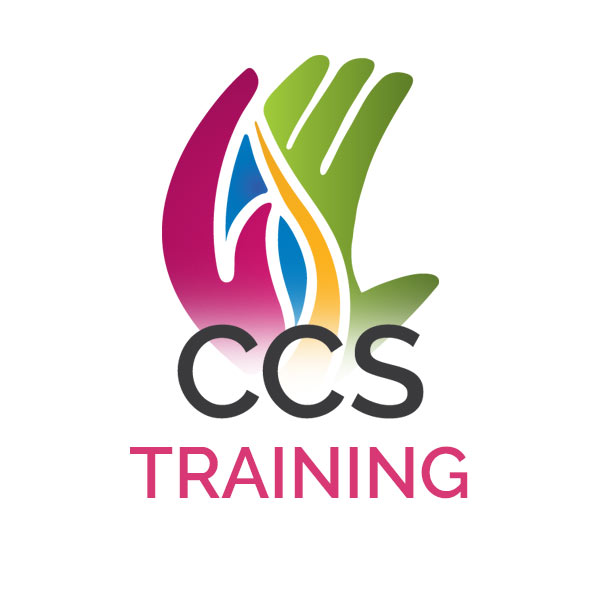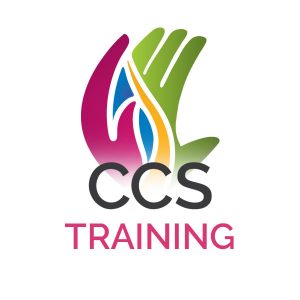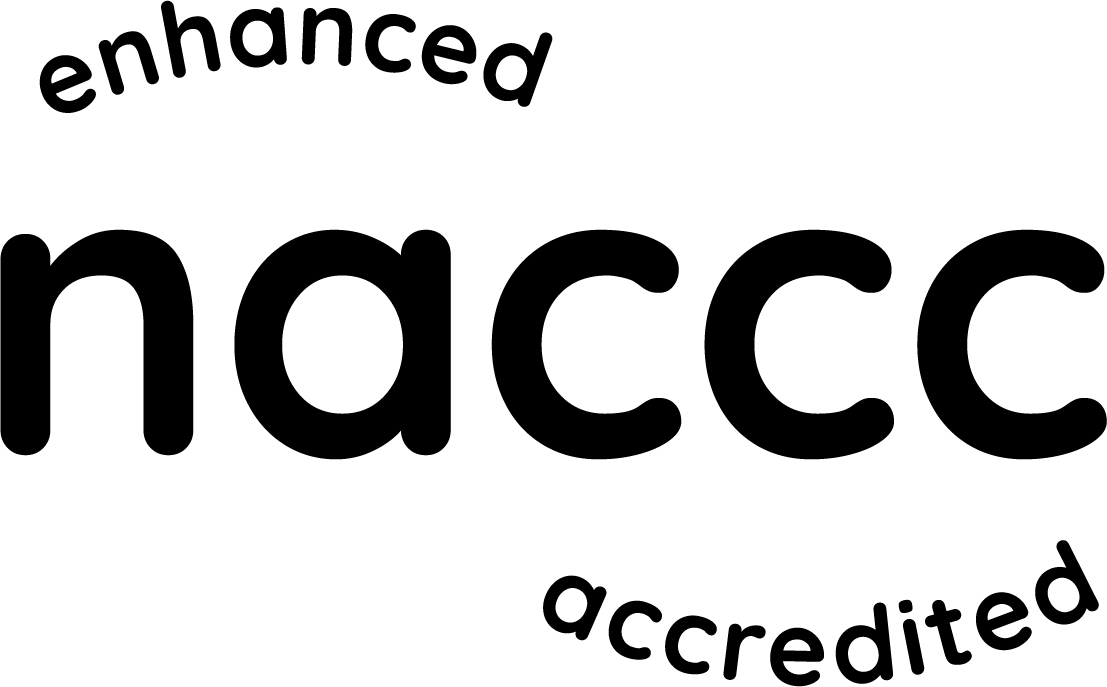This Care Certificate course covers the knowledge based units and includes 15 standards and recommendations set out by the Health Education England, Skills for Care and Skills for Health and is designed for all new employees. The course is mapped and covers all of the required Knowledge Based Units and delegates will be provided with full evidence based learning statements to document the learning process during the course, this is in addition to the final exam.
We also provide a training portfolio that can be used to document an employee’s training during the care certificate and for their continued workplace development, delegates also receive a tracking document that can be used by the care manager to evidence the completion of the competency based units, which enable the care manager to ensure that all of the practical requirements have been met before issuing the care certificate.
The Care Certificate is a requirement for all staff beginning their career in the care sector, ideally it should be completed before starting work and must be completed within twelve weeks from the commencement of employment. This course is also suitable for existing staff to refresh or improve their knowledge.
The online course is available with a practical module locally to rehearse practical skills where required. We can also integrate classroom based and online qualifications to expand on knowledge and build training packages. Where required, we offer many regulated qualifications to support your training in the care sector and these can be integrated with your care certificate training package.
Care Certificate Recommendations
Health Education England, Skills for Care, and Skills for Health, made a number of recommendations which were agreed by the Department of Health Governance Assurance Board:
- The 15 standards should remain, subject to some amendments
- Individuals will need to complete all 15 standards to be awarded the Care Certificate
- The Certificate should be prioritised by employers for “new staff, new to care”
- 12 weeks will remain as the guidance timeframe for a full-time individual to complete the Care Certificate
- The minimum level for quality assurance of the Care Certificate, and the certification itself, will be the responsibility of employers
- In addition to events and workshops, a suite of materials will be made freely available for employers to download and use to support them in implementing the Care Certificate.
The Care Certificate replaces both the Common Induction Standards and the National Minimum Training Standards.
The content of this and all our courses has been independently certified as conforming to universally accepted Continuous Professional Development (CPD) guidelines and come with a Certified CPD Statement as well as a Certificate and for online courses an Evidence Based Learning statement.
This course comes with 20.0 hrs (30.0 class) of CPD, although the time to complete the course online may be less than this. Total course time includes 12 hours and 5 minutes of video training as well as knowledge reviews, final test, remedial help and reviewing downloaded material.





